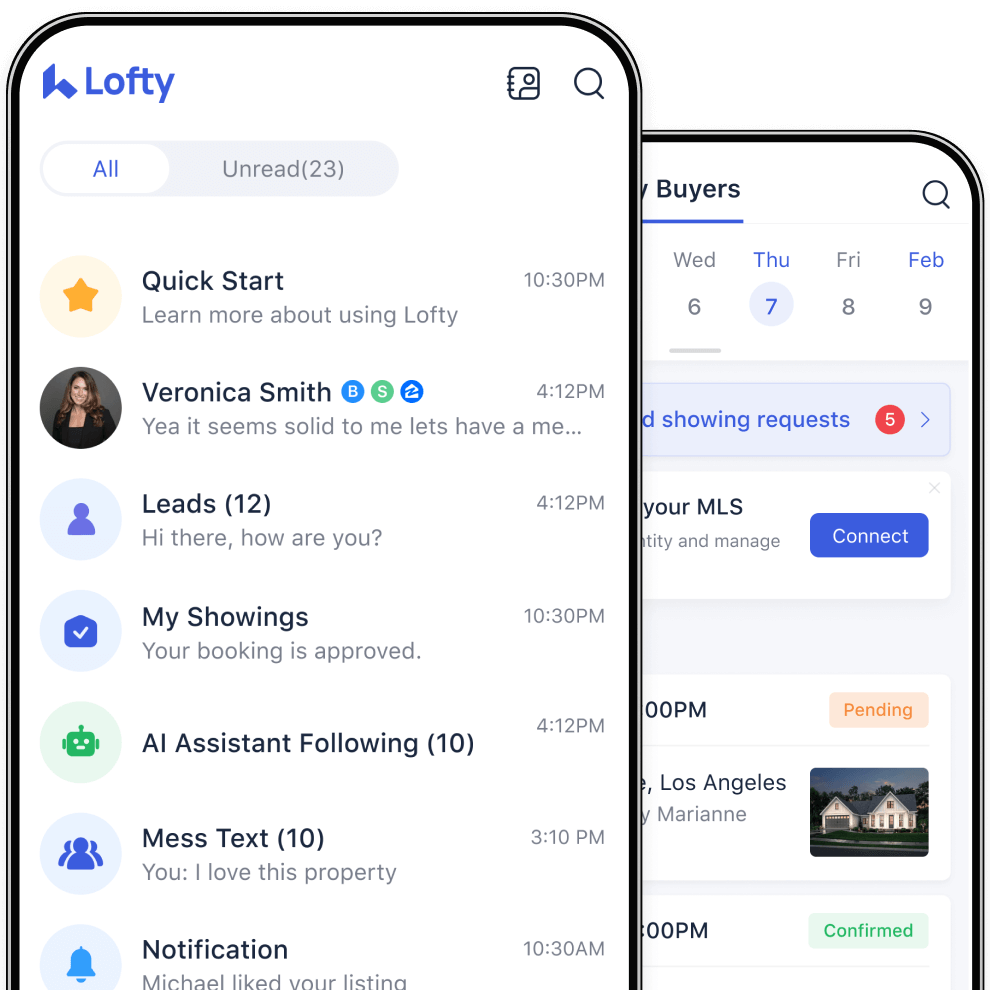Converting Prospects Through Conversation, Not a Script
As an agent, do you have a reliable strategy and system for engaging with and converting potential clients?
Whether a prospect walks into an open house, comes by way of an online ad, or through a chance encounter at a local coffee shop, having a framework in place to guide the conversation and assess their needs from the get-go will prove invaluable down the road.
Rather than relying on a script that can seem forced and unnatural, top producing agent Steve Wener swears by the use of a simple acronym that encompasses all of the relevant qualifying questions an agent needs to know about a potential buyer, keeping the conversation focused and real.
As Steve says, “It’s a bulletproof way of finding out all you need to know about your client’s wants, needs, musts, timeframe, as well as what they are missing.
The acronym is LPMAMA, which stands for:
L – Location
P – Price
M – Motivation
A – Agent
M – Mortgage
A – Appointment
The first and most important question Wener broaches with prospective clients is location. Where do you want to live? He’s learned the hard way that if a client names one area, you shouldn’t just leave it at that. It’s important to ask follow up questions and find out if there are nearby cities or specific neighborhoods that the client is amenable to along with the areas that are hard nos.
Price
While price might seem like a touchy subject to bring up too early in the conversation, having a clear understanding of a prospect’s financial situation from the onset and being able to hone in on a price range and budget is crucial to setting expectations and providing your potential client with the most useful information for their search.
Motivation
When can your client move and why are they looking to move? Asking about a client’s motivation to buy is one of the simplest ways to learn about their unique situation. Is a life event taking place? The birth of a new child, a divorce, a job change? Digging in and learning their reasons will also help you prioritize your time to know if this is a client who is in need of professional help right away, or if this is someone you might want to call on at a later time.
Agent
Throughout the course of a conversation with a prospective buyer you should always be prepared to ask them whether they have an agent they are currently working with or if they have already signed a buyer agent agreement. There is not use wasting your time or their time by finding out they are already engaged with someone else.
Mortgage
Are you paying cash for a home or do you need a mortgage? And, if your prospective client is planning on a mortgage have they been pre-approved? If not, do they need suggestions for professional so they can get started? This question also opens the door for you to serve as a resource for your potential client by recommending a preferred lender.
Appointment
The last and most important step after determining the above is to close the appointment so you can continue to grow the relationship with the client.
While having a qualifying framework can be a gamechanger, the best way to ensure it actually works in the real world is to practice it over and over again until it becomes second nature. Find people you can trust, whether colleagues or friends and role play like they are prospective clients. As you become more comfortable you can also start practicing additional communication techniques like using empowering language and mirroring and matching.
With a solid communication plan, an attractive IDX site, and armed with the right information, you can engage prospects with comfortable confidence and close more deals!
